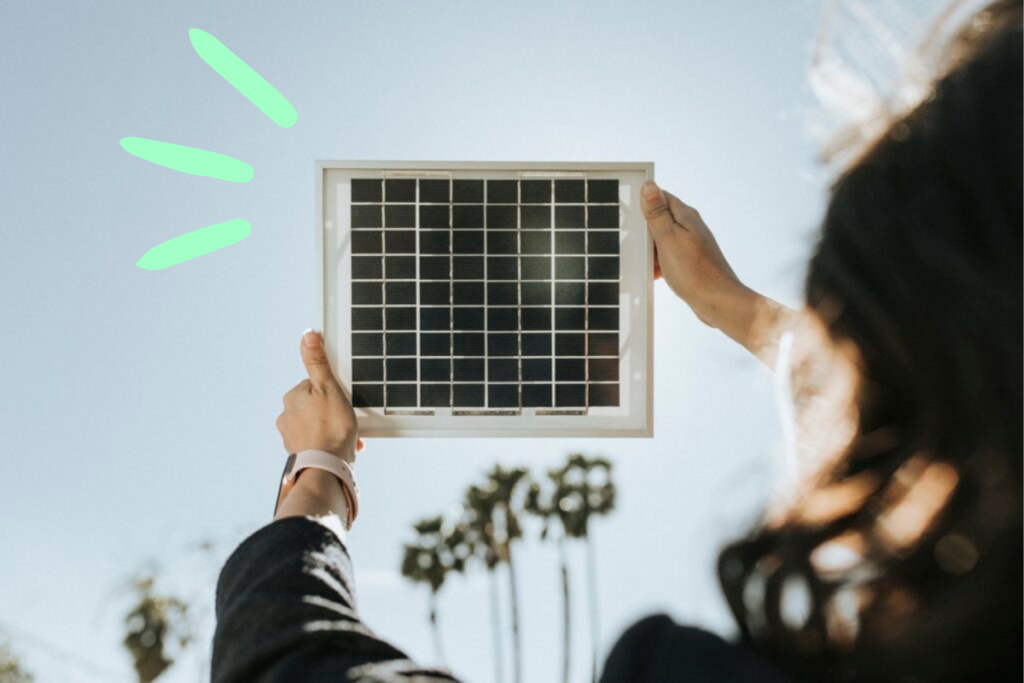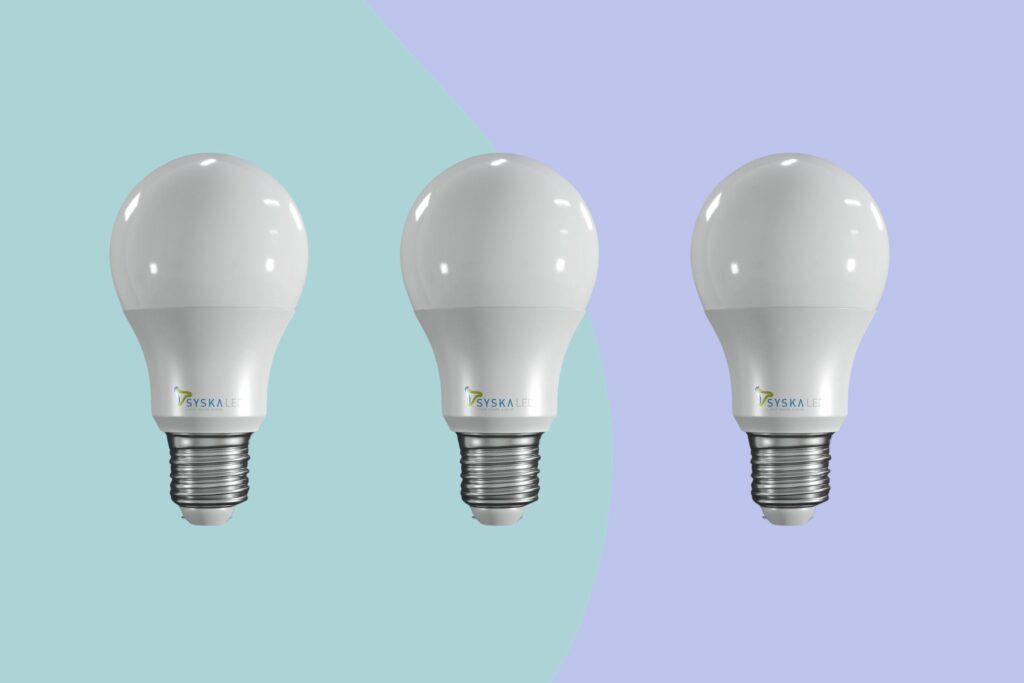If you are thinking of selling up and moving on, then you’re probably already familiar with a few value adding estate agent tricks. You’ve got that bread baking in the oven, you’ve enhanced your kerb appeal, and you’ve taken down the family portraits.
We’re sure you’ll also know that renovations can be a reliable way to maximise your resale value and make your property stand out on the local housing market. However, while focusing on the cosmetic appeal will, of course, tip the scales in your favour, a more pressing priority for many buyers is how energy efficient a potential property is.
With gas and electricity prices soaring this year and predicted to continue into 2025, an energy efficient home has never been more valuable.
Indeed, making your home more energy-efficient can be a surefire way to increase your property value and attract eco-conscious buyers, and can boost your house price by 20%. Because green upgrades will reduce your home’s carbon footprint and slash your average energy bills, this makes sustainable homes highly sought-after on the property market.
Conscious, conscientious buyers don’t want to pay top dollar for a home that doesn’t manage to keep its environmental impact to a minimum. Moreover, homes that are less energy efficient are more expensive to run. So, if you’re looking to bolster the asking price of your home, read on for these 9 energy saving tips that will add value to your home.
Review Your Home’s EPC
First things first, get hold of your EPC (Energy Performance Certificate) and review it. There’s no point in making changes that won’t help your home. Your existing EPC will offer guidance on how to improve the energy efficiency of your home, as well as showing you just how much it costs you to heat and light the property, as well as the level of CO2 your place emits.
You can find yours and also assess other property in the area’s energy input on the government’s EPC Register website.

Upgrade Your Furnace Or Boiler
It’s an upgrade which strikes fear into the hearts of homeowners; the days spent showerless and the financial burden of a new furnance or boiler competing for the title of ‘most unwelcome domestic event’. But deploying foresight and installing a new boiler before the red light of death brings your current one to an abrupt end is a smart move for your home’s energy output.
An old furnace (more common in the US) or boiler (more common in the UK) can be a major source of energy loss in your home. Older boilers, because of both design and degradation, are far less efficient than newer models, with the former operating at around 60% efficiency while the latter is 90% energy efficient. By replacing yours with a new, high-efficiency model, you can decrease your energy usage and potentially save hundreds of pounds each year on your heating bill.
In today’s market, energy efficiency is a major selling point, and a new furnace can be a big selling point for potential buyers. If you’re considering replacing your old furnace, heater installation experts recommend consulting professionals to help you choose the right size and mode.
Read: Why regular boiler maintenance is essential for reducing your home’s carbon footprint
Installing a Programmable Thermostat
A programmable thermostat gives you the ability to automatically adjust the temperature in your home based on your schedule. This can help save money on your energy bill, as you won’t have to heat your home when no one is home. This upgrade is relatively inexpensive and easy to install, making it a cost-effective option for adding value to your home.
When installing a programmable thermostat, be sure to choose one that is compatible with your furnace. The latest furnaces have built-in programmable thermostats, but older models will require a separate unit. Any home buyer will appreciate the money-saving potential and convenience of a programmable thermostat, especially when it offers extra features like:
- Multi-zoning – The ability to set different temperatures in different areas of your home
- Wi-Fi connectivity – The ability to control your thermostat from your smartphone or other mobile devices
Home automation integration – The ability to connect your thermostat to other smart home devices, such as lights and security systems.

Install Insulation
Making changes to your insulation situation to conserve the heat in your home in colder periods will, in turn, maximise your home’s energy efficiency potential and its value. Cavity wall insulation can save you up £160 a year while living in your property. But don’t just stop there, lagging jackets, which insulate your pipes, also improve the efficiency of your hot water tank. And here, every little helps.
We lose somewhere around 35% of our home’s heat through uninsulated or poorly insulated walls. That’s a huge number by anyone’s standards. Another chunk is lost through the roof if it’s not properly insulated, and another portion flies through windows that aren’t double-glazed. Which brings us to our next point…
Go Solar
‘Solar’ has been the watchword and one of the most omnipresent energy saving tips for some time now, evoking a modern, green image in the minds of potential buyers.
Installing solar panels not only reduces the environmental impact of your home; over time, they may well also lower the cost of energy use, too. With a suggested lengthy lifespan (at least 25 years) saving on bills and the planet certainly makes installation an appealing option to new buyers.
When considering your EPC (Energy Performance Certificate), your certificate will likely be promoted from a D to a band B through the installation of panels, which would likely amount to around £16,000 for your place’s value. Those lower bills we previously mentioned also make financial sense.

Replace Old Windows
Replacing old windows with double or triple glazed options can be another easy way to reduce cold drafts and minimise heat loss. Indeed, double glazing can increase the value of your home by 10%.
Moreover, the warmth that double glazing adds to your home means your heating bills will be dramatically reduced – you can save around £110 a year – another bonus for potential buyers who are analysing the value of your property via its energy efficiency, , with recent data showing increased interest in everything from new homes in Hampshire to renovated townhouses in Manchester.
Do remember; always be scrupulous with your search and request a few quotes before settling on a supplier.
Add LED Lighting Throughout
Making the switch to LED bulbs throughout your home is a relatively low-cost upgrade that can have a significant impact on both energy consumption and buyer appeal. LED bulbs use up to 90% less energy than traditional incandescent bulbs and can last up to 25 times longer. While the initial investment might be higher than regular bulbs, the long-term savings are substantial – potentially up to £40 per year on electricity bills. Modern LED options also come in a variety of color temperatures, allowing for customizable ambiance that appeals to prospective buyers.

Install A Smart Energy Monitor
A smart energy monitor is a modern addition that can significantly boost your home’s appeal to tech-savvy buyers. These devices provide real-time feedback on energy usage throughout your home, allowing residents to identify energy-hungry appliances and adjust their habits accordingly.
Many smart monitors can break down energy usage by appliance and time of day, offering valuable insights into consumption patterns. This level of transparency and control over energy usage is increasingly attractive to buyers who are conscious about their environmental impact and monthly utility costs.
Upgrade Your Appliances To Energy-Efficient Models
While this requires a larger upfront investment, replacing old appliances with energy-efficient models can substantially increase your home’s value and appeal. Focus on major appliances like refrigerators, washing machines, and dishwashers, looking for those with high energy efficiency ratings. Modern energy-efficient appliances can use 10-50% less energy than older models, resulting in significant yearly savings. When marketing your home, these newer appliances serve as tangible proof of the property’s energy-efficient credentials, making them a valuable selling point for environmentally conscious buyers.





